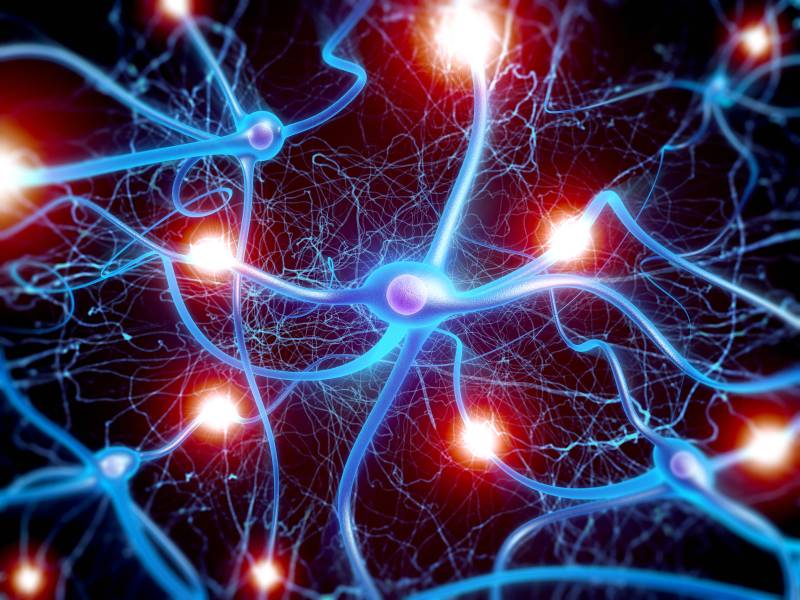Key points:
- The brain is particularly responsive and malleable to experiences and the environment we live in during the early years, which affects how well our brain architecture develops and functions.
- Early experiences not only impact brain architecture but can also determine how genes are turned on and off and even whether some are expressed at all.
- Positive and nurturing experiences can help the brain develop well, while negative experiences of neglect and abuse can increase the risk of negative long-term health outcomes.
- As parents, providing a nurturing environment and the stimulation that babies require through activities such as talking, reading, and singing, and creating a safe space for them to develop and play imaginative games, is crucial for their brain development.
Scientific research has taught us that early experiences can have a powerful influence on the developing brain.
Genes and brain development
The brain is particularly responsive and malleable to both experiences and the environment we live in during the early years; this, in turn, affects how well our brain architecture develops and functions.
Every experience, whether it is seeing a puppy for the first time, going to the park, or being in a car accident, impacts the neural connections of the brain. In other words, every experience can cause the brain to develop in different ways. Interestingly, scientists said that early experiences not only impact brain architecture, but they can also actually determine how genes are turned on and off and even whether some are expressed at all!
This means that positive and nurturing experiences can help the brain to develop well, and negative experiences of neglect and abuse can cause some genetically well children to increase their risk for long-term negative health outcomes (mental and physical); because adverse early childhood experiences can lead the kid to chemical and physical changes in their brain. Most people used to think that a child wouldn’t remember those first experiences, but now we know they can impact a child physiologically, and even on a genetic level.
Why are early experiences so important?
Not only was the role of early experiences downplayed in the past, but the influences of our genes were thought to be permanent. Our genetic expression was something thought to be brought down over by our parents, something we had no control over. However, now we know that experiences ーmost importantly, the interactions with other peopleー are vital for brain growth and development, as well as gene expression.
According to the National Scientific Council on the Developing Child at Harvard University, it is true that the environment and early experiences chemically mark and control the expression of genes, both in early prenatal or postnatal experiences. This sheds light on the importance of surrounding yourself with a positive environment, and avoiding stress as much as possible while pregnant, and also when your baby arrives home.
As parents, you play the most important role in providing a nurturing environment and the stimulation that your baby requires. Their first experiences will determine how they will interact with the world and how their brain will develop. So remember to foster your little one’s development by doing activities together (such as talking, reading, and singing to them), creating a safe space for your little one to develop and play imaginative games from a very early age!








